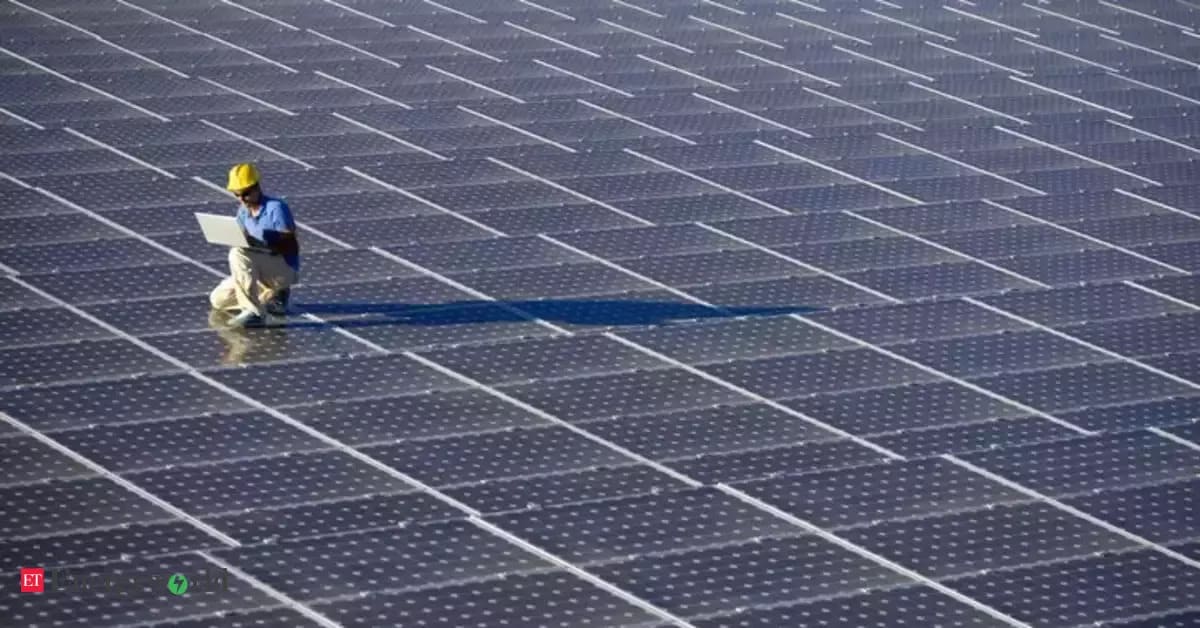Riyadh, Saudi Arabia – In a step towards bolstering Saudi Arabia’s renewable energy initiatives, the Saudi Power Procurement Company (SPPC) has announced the signing of Power Purchase Agreements (PPAs) for two solar projects.
These projects are part of Round 4 of the National Renewable Energy Program (NREP), which aligns with Vision 2030’s goals of optimizing the energy mix and reducing reliance on liquid fuels in the country’s power sector.
The first project, the Al Henakiyah Solar PV project, boasts 1100 MW capacity and is set to be a game-changer in Saudi Arabia’s renewable energy landscape.
The PPA for this endeavor was inked with a consortium comprising Abu Dhabi Future Energy Company (Masdar) as the Managing Member, EDF Renouvelables as the Technical Member, and Nesma Company Ltd as the Consortium Member.
Notably, this project is expected to supply power to approximately 190,000 residential units annually and is set to offer a highly competitive Levelized Cost of Electricity (LCOE) of 1.68420 USDc/kWh (6.31575 halalas/kWh).
The second project, the Tabarjal Solar PV project, has 400 MW capacity and is set to contribute significantly to Saudi Arabia’s renewable energy goals.
The PPA for this venture was signed with a consortium led by Jinko Power (HK) Company Limited, which also serves as the Managing Member and Technical Member. Sun Glare Holding Co. and Sunlight Energy Holding Co. join as Consortium Members. This project is expected to supply power to approximately 75,000 residential units annually and is equally competitive, with an LCOE of 1.70795 USDc/kWh (6.40482 halalas/kWh).
The NREP, overseen by the Ministry of Energy, has become a pivotal element in the Kingdom’s journey towards a more sustainable energy future. The program leverages vast land resources to harness renewable energy and aims to increase the share of renewables in the energy mix to around 50 percent by 2030.
These landmark agreements mark a significant stride towards achieving Saudi Arabia’s renewable energy goals and underscore the commitment to a greener, more sustainable energy future in the country.

